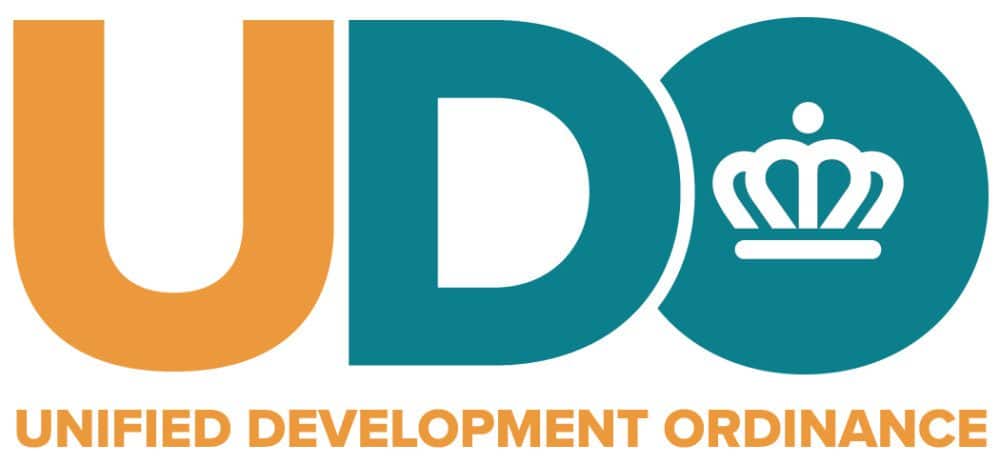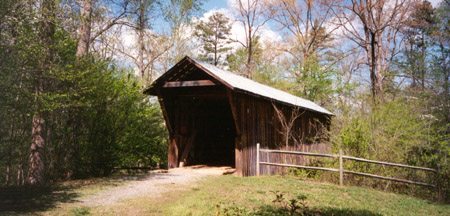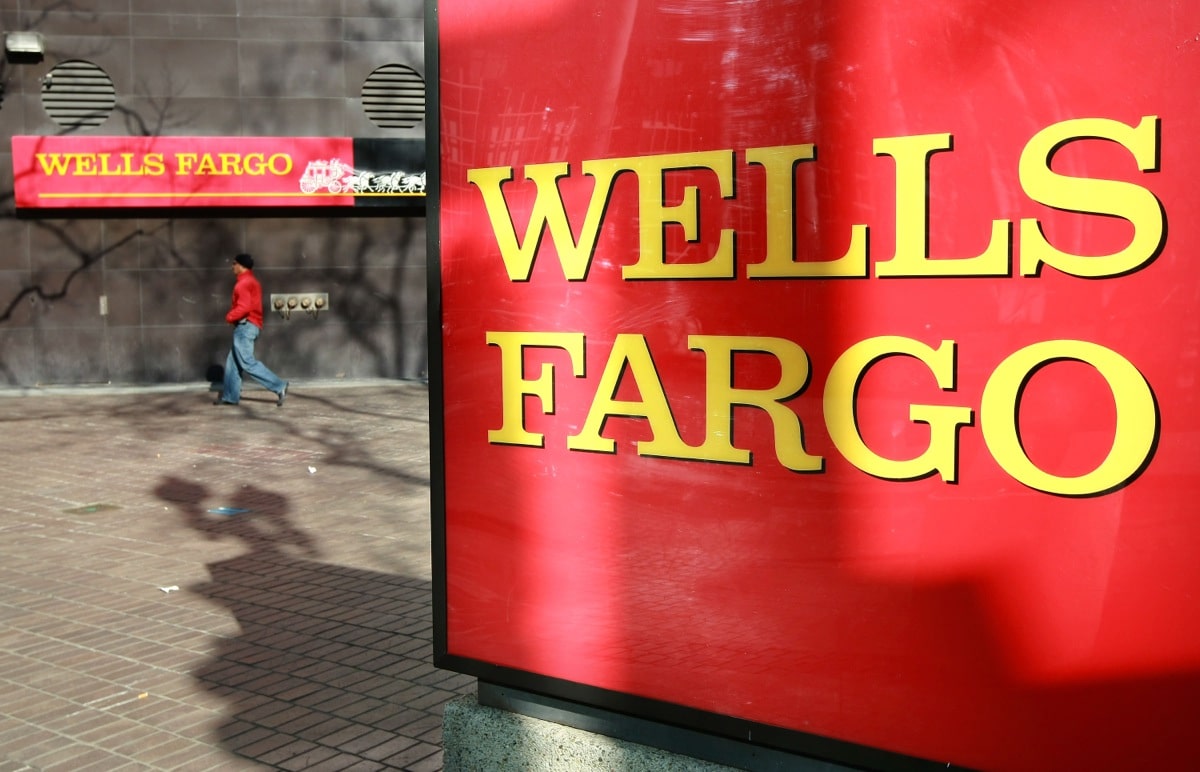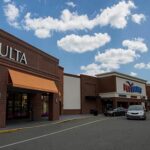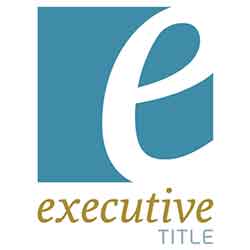The Unified Development Ordinance passed by Charlotte City Council is still under debate and it just took effect. This ordinance or UDO was passed by a divided city council last August. It sets out almost 700 pages of regulations that must be followed by developers when building anything within the city limits. The most controversial code would supersede single-family only zoning that has been in place for years. The UDO took years to develop and hone and was first voted on almost two years ago.
The UDO allows duplexes and triplexes to be built on lots where typically only single-family homes were allowed. Developers still have to adhere to height requirements, but many people are worried about low density areas being taken over by dense housing, thus lowering property values.
There is another side to this equation where people can’t afford to live close to the city without further density in place. This leaves the city without many of the people necessary to fulfill critical jobs because they can’t afford to commute from less expensive areas. This push between what has always been with the equity of allowing equal opportunities for all is not easily solved, and typically those with money tend to win the debate.
There have been a few other cities that have enacted a similar code for zoning, and there has not been a rush to tear down existing homes to immediately infill with density. This means that the fear of what could happen may be stronger than the actuality of what could happen if the code is enacted in the current state.
The UDO took effect on June 1st, and despite what people feared, there was no big rush to tear down single-family homes. In fact, there are many other provisions in the 700-page document. It lays out policies for affordable housing, parking, the environment, public open space, transportation, and drainage. These policies and procedures are critical for the growth of a city, and it takes care of old and confusing and often contradictory older policies.
Some members of city council are still worried that the UDO as written still adversely affects vulnerable neighborhoods while protecting homeowners with more means. It is very hard to be totally altruistic when making a code of this sort as people with means will tend towards protecting their own interests while people without those means may not even be aware that they are being further disenfranchised. The way the current UDO is written, it will mainly affect people who don’t already have a homeowners association with codes in place prohibiting any other building type other than single-family. This means that neighborhoods without HOAs protecting them are much more vulnerable to redevelopment with additional density.
As of the most recent city council meeting, it appears that the mayor wants to see how the first six months of the UDO go to see if any changes or amendments need to be made. Other members want to enact a neighborhood character overlay which would place additional protections in place for the most vulnerable neighborhoods. It will be interesting to see how this develops.

